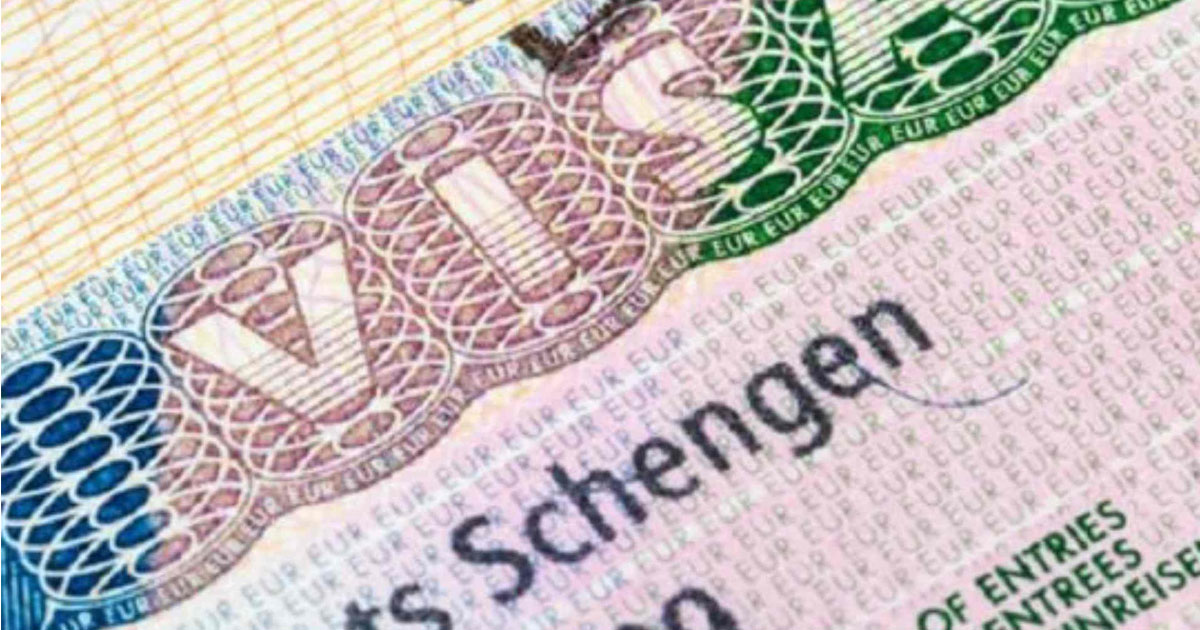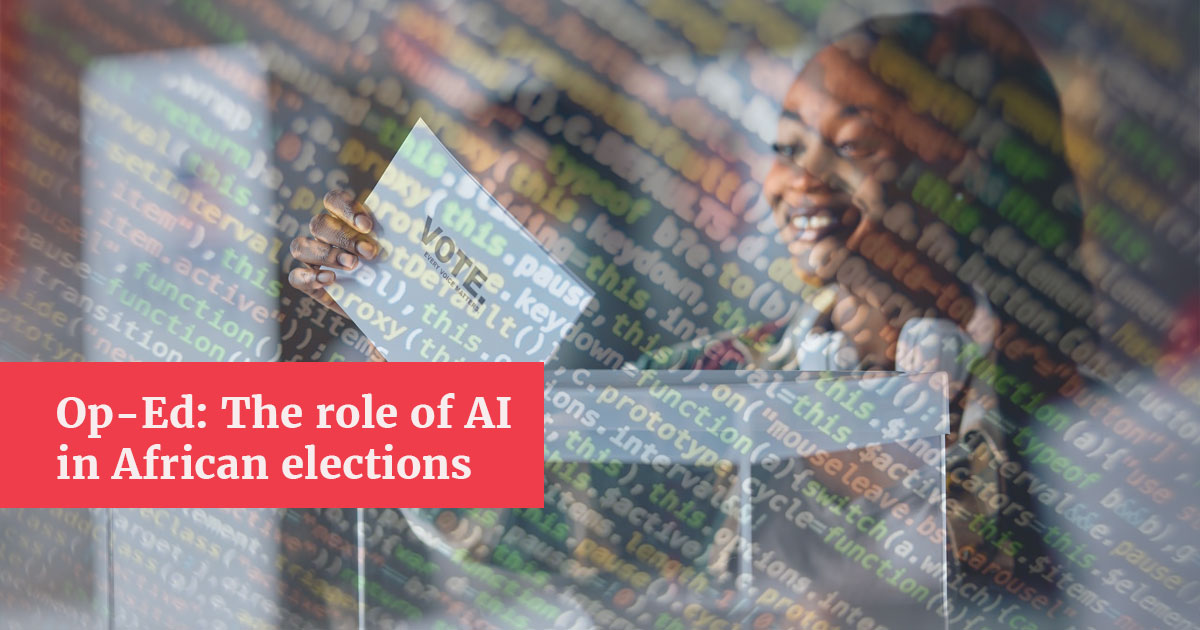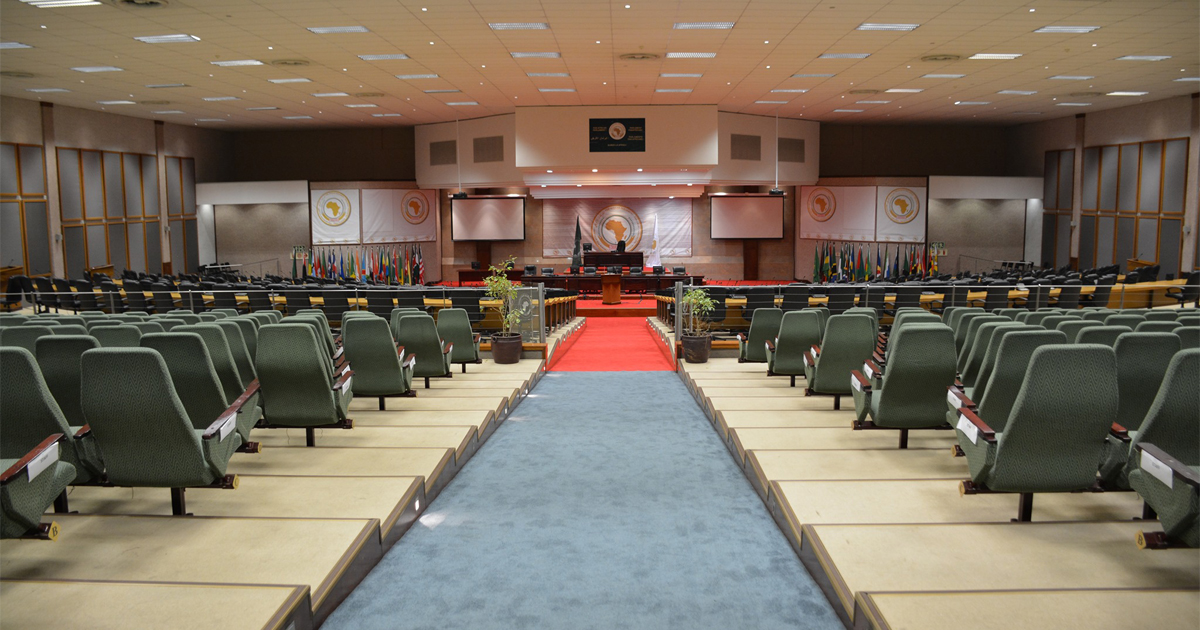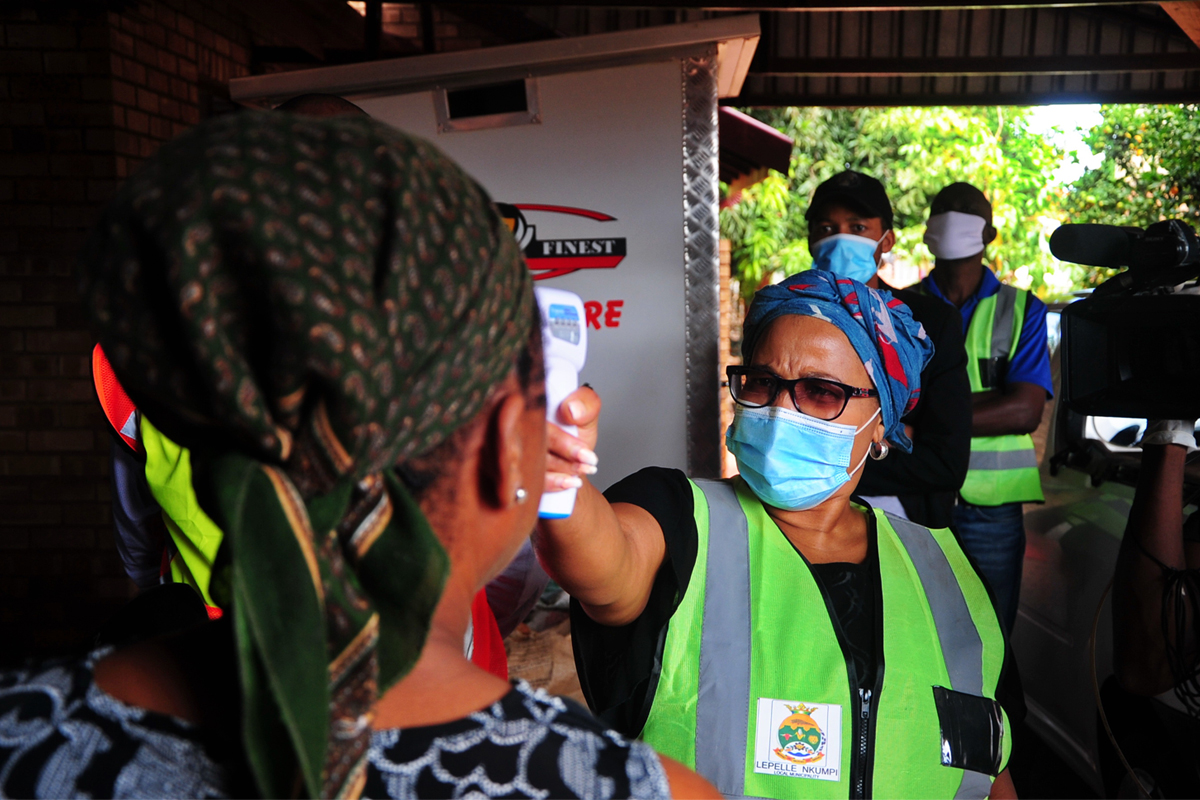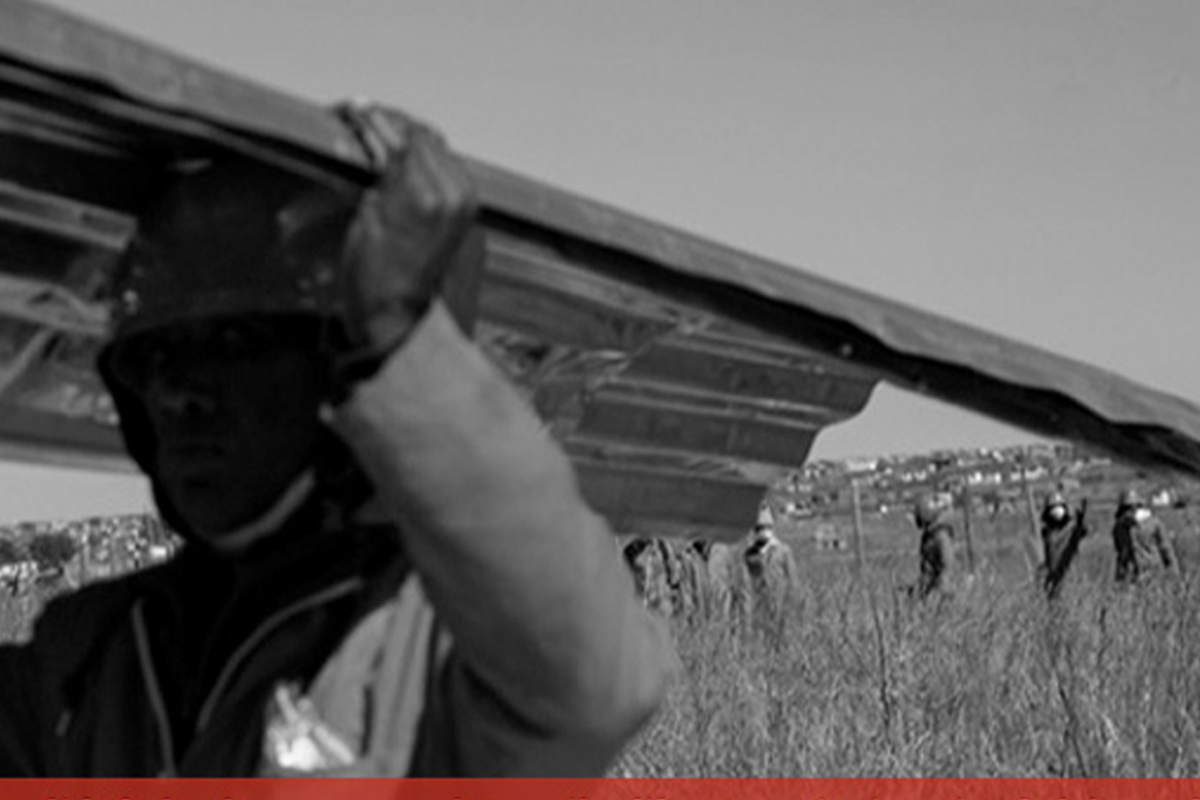By Tendai Mbanje
Citizens of Burkina Faso now endure life stripped of dignity, denied the rights to political participation, association, expression, and assembly. Under the self‑proclaimed pan‑Africanist Captain Ibrahim Traoré, the promise of liberation has curdled into repression. Once hailed as a defender of sovereignty, Traoré has become an oppressor to his own people, extinguishing freedoms and ruling through fear.
Uganda goes to the polls on 15 January 2026. Ugandans will elect the president, members of parliament for a five‑year term. As the date of the elections draws near, various stakeholders have argued that these polls are not a celebration of democracy, but rather a repetition of authoritarian consolidation. Despite the presence of 27 political parties and over 21 million registered voters, human rights groups have reported that the electoral environment is marred by violence, repression, and systematic human rights violations. For instance, Amnesty International and Human Rights Watch have documented widespread intimidation, arbitrary arrests, and torture of opposition supporters, underscoring that these elections mean little for ordinary citizens. What should be a moment of democratic renewal has instead become another occasion for authoritarian entrenchment, echoing the failures seen in Tanzania’s recent elections, yet another troubling example within the East African Community (EAC).
In an era of global interconnectedness, movement of persons remains a vital driving for improved economic growth. However, in recent years, African visa applicants face disproportionately high rejection rates when applying for Schengen visas compared to other regions. In 2022, Africa nationals topped the list of most rejections with one in three of all processed applications being turned down. This was 12.5% higher than the global average. The rejection rates for Schengen visas are generally 10% higher than the global average and ten times higher than for United states citizens. This article highlights the deep-seated biases in the Schengen visa process and advocates for necessary reforms such an equitable and accessible appeal system which states legitimate reasons for visa denials in order not exacerbate high influx of illegal African migrants risking their lives across the Central Mediterranean- the most deadliest migration routes in the world- to enter Europe. ensure a fairer and more equitable system.
by Sara Hafidh, Eden Getenet, and Dorcas Ameonu
The emergence of Artificial Intelligence (AI) technology in Africa has revolutionised the electoral processes. There are fears that if not properly regulated, the use of AI may cause irreparable injuries to African elections. These fears have prompted discussions on how AI could be effectively regulated and its potential impact on African elections.
by Tendai Mbanje
By: Bonolo Makgale and Tariro Sekeramayi
Introduction
Dr. John Henrik Clarke once remarked, “History is not everything, but it is a starting point. History is a clock that people use to tell their political and cultural time of day. It is a compass they use to find themselves on the map of human geography. It tells them where they are, but more importantly, what they must be.”
By: Bonolo Makgale
The national lockdown in South Africa which was initiated due to the COVID-19 global health pandemic has revealed another hidden pandemic amongst us. The latest National Income Dynamic Study (NIDS) Coronavirus Rapid Mobile Survey (CRAM) has revealed that the national lockdown has contributed to the perpetual hunger for 2.2 million South Africans. The report revealed that with 3 million South Africans having lost their incomes and jobs, hunger has become a national crisis exposing food insecurity in the most vulnerable communities.
By: Bonolo Makgale
The mountain of complaints which were stacked up against the ANC led government relating to corruption and lack of service delivery in under-resourced communities were quickly flattened due to the strong and decisive leadership shown by President Cyril Ramaphosa during the COVID-19 global pandemic. The visit paid to our shores by the Covid-19 has managed to bring a reprieve, albeit for a moment, to the myriad of social justice issues and inequalities that plague South Africa.
After confirming the country’s first COVID-19 case on 5 March, South Africa braced itself for a 21-day lockdown, which officially began on 26 March and was initially intended to last until 16 April. The lockdown was subsequently extended to 30 April and has been further extended indefinitely with the relaxation of some of the restrictions and some sectors of the economy being allowed to reopen, along with the extension of certain socio-economic relief mechanisms intended to cushion citizens from the hardships that the pandemic is sure to induce. In this light, one of the regulations included a moratorium on evictions, with the understanding that evictions would place vulnerable persons at risk of contracting and transmitting the virus. The provision stipulates: “All evictions and executions of attachment orders, both movable and immovable, including the removal of movable assets and sales in executions, is suspended with immediate effect for the duration of the lockdown.” These regulations were aimed at minimising possible losses of income, particularly among the working class and people in the informal sector.



